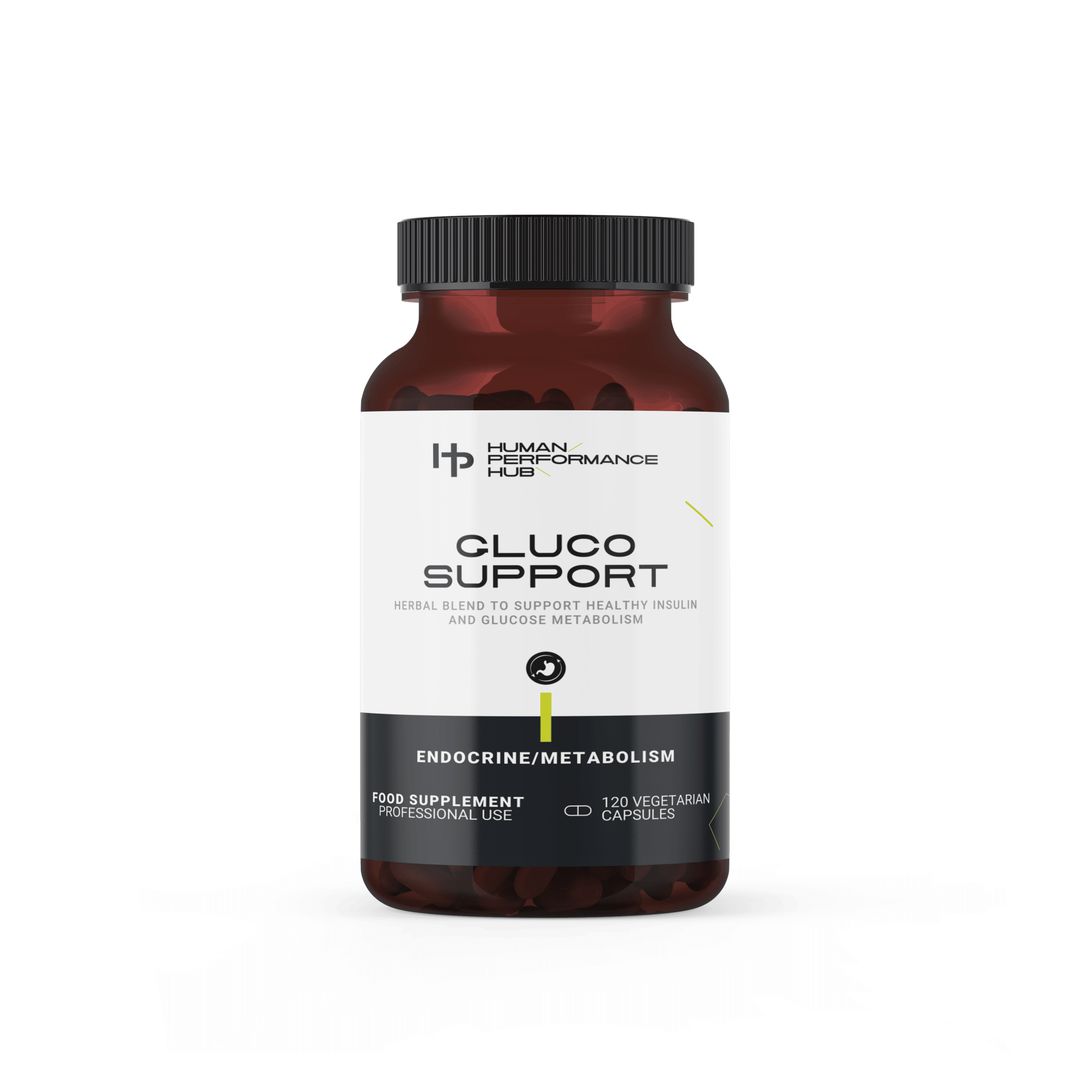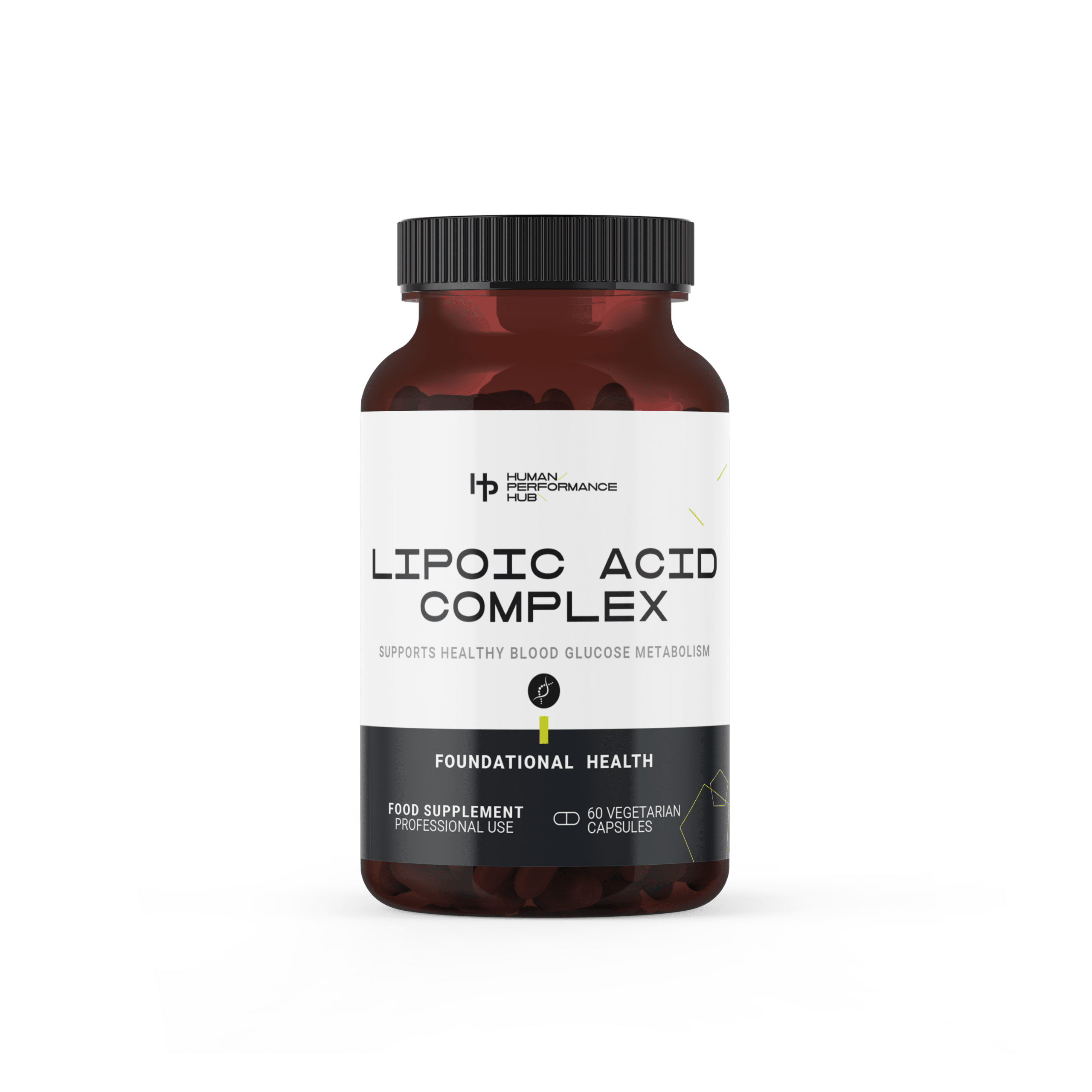Are you waking up tired, even after 8 hours of sleep? Always craving something sweet? Your blood sugar could be out of whack.
Are you waking up tired, even after 8 hours of sleep?
Always craving something sweet? Your blood sugar could be out of whack. With today’s epidemic diabetes rates, blood sugar management is a topical subject. Imbalanced blood sugar levels are central to many health issues, from diabetes and obesity to heart disease.
Blood sugar management is about stabilising and balancing the blood sugar in your body to its optimum target range. But what is the optimum range? And what can you do to regulate it? This article will talk about blood sugar management and how it affects your health. As blood sugar management is such a vast topic, this is the first article in a series. In each piece, I’ll give some takeaway points to help you make changes to improve your health and performance.
What is blood sugar?
Blood sugar is a type of sugar in your blood called glucose. There are other types of sugars in the blood, just in smaller amounts.
Blood sugar is a vital energy transmitter and source. Cells transform sugar from the blood into ATP (Adenosine Triphosphate) to supply all living cells with energy.
Where does blood sugar come from?
Your body gets blood sugar from 3 primary sources:
- Food – The food you eat, primarily carbohydrates, is digested and absorbed into the blood as glucose.
- Glycogen stores – Glycogen is a concentrated form of glucose stored primarily in the liver and muscles. If you don’t eat for an extended period, the liver releases glycogen into the bloodstream to regulate blood sugar levels.
- Gluconeogenesis – When glycogen stores in the liver are depleted, a metabolic process called gluconeogenesis makes sugar from proteins and fats.
What regulates blood sugar?
Five primary hormones in your body can raise blood sugar:
- cortisol,
- glucagon,
- adrenaline,
- noradrenaline, and
- somatotropin
However, only insulin lowers it. Insulin regulates the influx of glucose into cells to lower blood sugar, increases glycogen stores in the liver and muscles, and inhibits gluconeogenesis from proteins.
What is blood sugar imbalance?
To function optimally, you must keep your blood sugars well balanced. For most, this relates to a measurement between 4.0-5.9 mmol/L with small fluctuations throughout the day and a rapid return to baseline soon after eating. You also sleep better when your blood sugar is stable.
Blood sugar imbalance typically means the blood sugar level is either above (hyperglycemia) or below (hypoglycaemia) the optimum range.
Hyperglycemia (high blood sugar)
The most common issue with blood sugar is chronic hyperglycemia, related to high blood sugar. This happens when the body has too little insulin or can’t use the insulin it makes properly. When someone is ‘insulin resistant’, glucose cannot effectively enter the cells. Consequently, the body produces more insulin to remove glucose from the blood, causing greater metabolic dysfunction. Left unchecked, this leads to diabetes.
Common hyperglycemia symptoms include extreme thirst or hunger, frequent urination, tiredness, blurred vision, and difficulty concentrating.
Hypoglycaemia (low blood sugar)
Most blood sugar management advice is about keeping blood sugar down to prevent high blood pressure. What’s often missed is that regular dips in blood sugar are related to low blood sugar or hypoglycaemia.
The body normally responds to low blood sugar by discharging cortisol, driving the release of glucose from the liver via gluconeogenesis. Chronic stress can lead to the body relying on adrenalin to elevate blood sugar, which has the negative effect of causing significant fluctuations.
Common hypoglycaemia symptoms include lightheadedness, irritability, shakiness, and sugar cravings.
How to manage your blood sugar levels
Diet, sleep, work-life balance, and optimal micronutrient levels are crucial in managing your blood sugar levels.
Blood sugar and food
Set up your body to eat at the same time every day. For breakfast, include high-quality proteins and healthy fats to stabilise your blood sugar and energy levels throughout the day. In the evening, eat whole-food carbohydrates to make you sleepy. And cut down on sugar and refined (processed) carbs to help prevent spikes and crashes in blood sugar.
Blood sugar and sleep
To help balance your blood sugar levels, pay attention to your sleeping habits. Sleeping too little or not well enough can increase insulin resistance and sugar spikes. If you’re not sleeping well already, check out the articles on sleep for tips.
Blood sugar and stress
Stress plays a significant role in blood sugar levels and fluctuations. Constant stress can cause serious changes in your blood sugar levels and make it harder to manage over time. Therefore, managing the cortisol level through regular meals, work-life balance, and optimal micronutrient levels are crucial to stabilising blood sugar.
Blood sugar and nutritional supporting supplements
Nutritional deficiencies can contribute to blood sugar imbalance. To support healthy blood glucose levels and metabolic function, I would recommend the products
MediBolic is formulated specifically for individuals interested in weight management or to address metabolic syndrome. MediBolic contains rice and pea protein and soluble Sunfiber® (to increase the feeling of fullness and improve glycemic effect).*
Fibre can help with blood sugar regulation, this is because fibre reduces the blood sugar spikes after a meal, keeping steady blood sugar levels is key for good insulin function, energy and focus.
Human Performance Hub Gluco Support

Human Performance Hub Metabolic Multi Complex
Carbohydrates and insulin need to be utilised and function well for fat loss, liver health and pancreatic health. So if you are trying to lose fat or improve insulin sensitivity, this supplement contains ingredients to target that.
Human Performance Hub Lipoic Acid Complex
Suppose you suffer from poor focus and energy (fatigue). In that case, this could be due to blood sugar levels elevating and dropping too sharply, so a supplement like Lipoic acid can help prevent such blood sugar increases and keep consistent levels, helping your focus and energy.
Disclaimer
Always speak with your physician or other healthcare professionals before making any nutritional & lifestyle changes or before taking any nutritional supplement. For more information, please view our terms & conditions.
Consultations
If you would like to book a consultation or explore the possibility of starting our online training programme, please head to our consultations page and contact form at the bottom.








